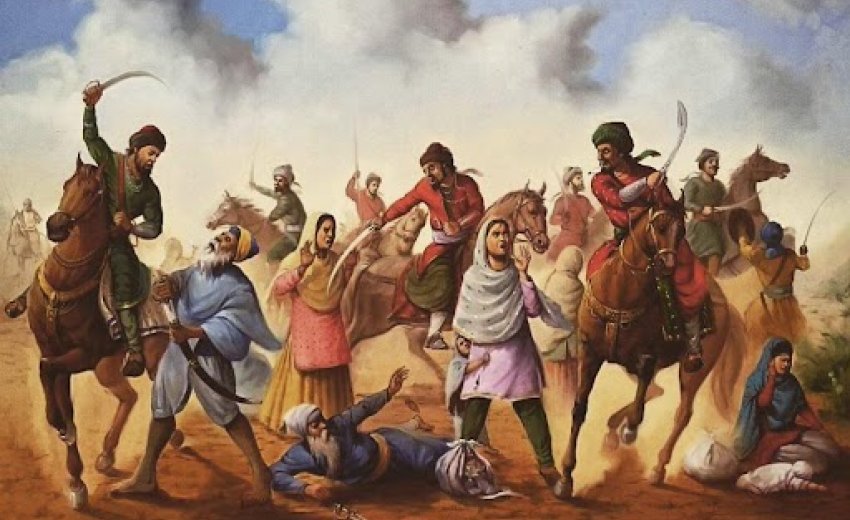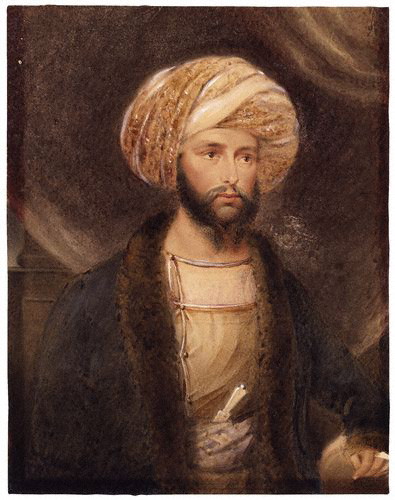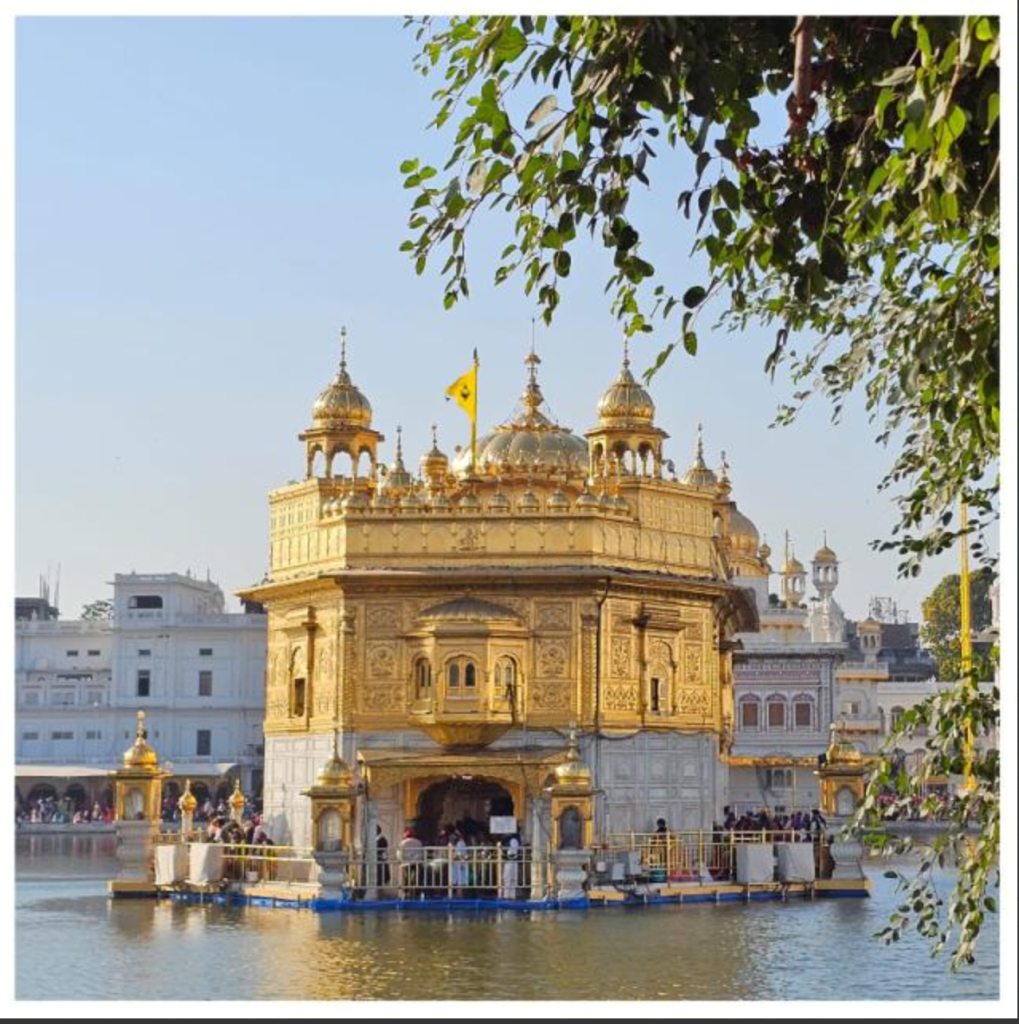Explore the pivotal 1762 battle of Vadda Ghallughara, a major holocaust in Sikh history, marking a fierce clash with Ahmad Shah Durrani.
Explore the epic Punjabi poem 'Jangnama Shah Muhammad,' recounting the Sikh-UK war and the fall of Ranjit Singh's empire with vivid historical detail.
Explore Bhai Vir Singh's impact on Sikhism as a poet, scholar, and creator of Punjabi literature during the Sikh renaissance. Discover his influential legacy.
Explore Joseph Wolff's 1832 travels in the Punjab, marked by rich encounters and Sikh hospitality despite religious differences. Discover more!
ABBOTT, SIR JAMES (1807-1896), British Resident\'s assistant at Lahore, capital of the sikh kingdom, after the first Anglo - Sikh war (1845-46), was born on 12 March 1807, the son of Henry Alexius Abbott. Passing out of the military college of the East India Company at Addiscombe, England, Abbott received commission as a second lieutenant in the Bengal artillery in 1823. In November 1830, he joined the army of the Indus, under Sir John Keane, for the invasion of Afghanistan. In 1842, he was appointed assistant to the British Resident at Indore.
Explore the transformation of the term Akali from Nihangs to Shiromani Akali Dal, a key Sikh political force. Dive into its rich history and significance.
AKHBAR LUDHIANA, a weekly newspaper in Persian sponsored by the British North-West Frontier Agency at Ludhiana in November 1834. The paper, a four page sheet initially, but doubling its size within two years, started printing at the American Missionary Press, Ludhiana, shifting to the Pashauri Mall Press, Ludhiana, in June 1841. Three years later it ceased publication. It had a small circulation mainly determined by the requirements of the East India Company\'s government. The name of the editor or subscription rates were nowhere mentioned. The Akhbar carried news furnished by English news printers from various parts of the Punjab.
ALLAYAR, a wealthy Muslim horse dealer of Delhi, who turned a preacher of Sikhism, first came to Guru Amar Das at Goindval escorted by Bhai Paro, a prominent Sikh of Dalla, a village in present day Kapurthala district of the Punjab. It is said that returning from Kabul once with 500 newly purchased horses, he was held up near Goindval owing to the River Beas being in spate. He had not been there long before he saw someone tearing across the swollen river on horseback from the opposite bank. This was Bhai Paro coming to make his daily obeisance to Guru Amar Das.











